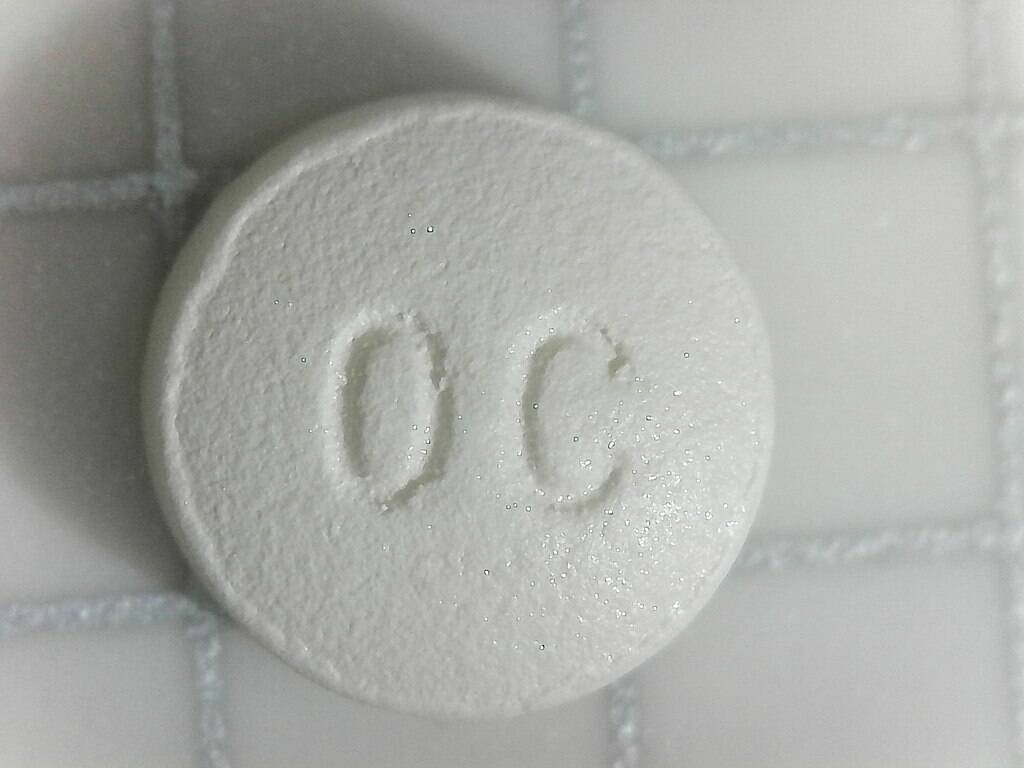OLYMPIA — Attorney General Bob Ferguson on Dec. 21 sued Albertsons, Kroger and Rite Aid, alleging the companies’ pharmacy operations helped fuel the state’s opioid epidemic by failing to prevent overprescribing of drugs tied to thousands of overdose deaths.
Ferguson also announced Washington had signed onto resolutions of multistate lawsuits with five other companies that produced or sold opioids. Those settlements will net roughly $435 million for state and local opioid abatement programs and services.
“We want to make sure they pay for the damage they caused,” he said at a Seattle press conference.
The lawsuit filed in King County Superior Court alleges the chains collectively ignored federal regulations and knowingly oversupplied prescription opioids into the state.
Though the national companies had the data to properly monitor and dispense prescriptions, they failed to give it to their own pharmacists who wound up filling prescriptions from medical providers whose prescribing license was suspended or revoked, Ferguson said.
Moreover, the companies tied their pharmacists’ pay to how fast they filled prescriptions, preventing them from doing their job and checking that a prescription was safe for that customer, Ferguson asserted.
Without effective controls, the pharmacies “actively contributed to the oversupply of such drugs and fueled an illegal secondary market,” state attorneys wrote in the suit.
The lawsuit notes that in 2011, 112 million daily doses of prescription opioids were pumped into Washington — enough for a 16-day supply for every woman, man and child in the state. In 2017, four Washington counties had more opioid prescriptions than people.
Between 2006 and 2021, opioid overdoses killed more than 12,000 Washingtonians, state attorneys wrote.
The pharmacies’ business practices violated the state Consumer Protection Act and their actions ran afoul of Washington’s public nuisance law as they contributed to the damaging effects of the opioid crisis in communities across the state, the attorney general said.
Also named as defendants are pharmacy chains acquired by the three companies: Bartell Drugs, Fred Meyer, QFC, Safeway and Haggen.
The lawsuit asks the court to award penalties of $7,500 for each violation of the Consumer Protection Act and take injunctive actions to prevent further damage to communities.
Representatives of the three companies could not be immediately reached for comment.
Also Wednesday, Ferguson said the state has joined resolution of lawsuits against CVS, Walgreens, Walmart, Teva and Allergen that will result in those firms paying millions to cities, counties and the state to combat opioid use disorder. Specifically, the payouts are:
• CVS — $110.6 million over 10 years;
• Walgreens — $120.3 million over 15 years;-
• Walmart — $62.6 million with 97% due in the first year
• Teva — $90.7 million over 13 years
• Allergan — $50 million over 7 years.
The collective amount, $434.4 million, will be split evenly between the state and local governments. That would work out to several million dollars for Snohomish County and cities in the county.
The resolutions are not final yet. That will come when enough states sign onto the terms of the resolution and enough local governments — including those that filed lawsuits of their own against the firms — join in.
“We are just learning this information. We will be reviewing the proposed settlement documents,” said Jason Cummings, incoming Snohomish County prosecuting attorney. “These are entities we’ve identified as defendants in our present lawsuit who’ve contributed to the proliferation of opioids in our community.”
Money from those settlements would be in addition to $518 million secured earlier this year with McKesson Corp.,Cardinal Health Inc. and AmerisourceBergen Drug Corp.
Up to $215 million is earmarked for local governments and is intended for addiction treatment, prevention services, opioid education and other programs to address the societal impacts of the opioid epidemic. Annual payments begin this month and continue for 16 years.
Snohomish County and 11 cities will receive money based on formulas agreed upon by local governments. The county expects to get nearly $1.1 million this month and $14.9 million through 2039. Overall, more than $25 million will arrive to local coffers under the terms of the distributors’ settlement.
Jerry Cornfield: 360-352-8623;



